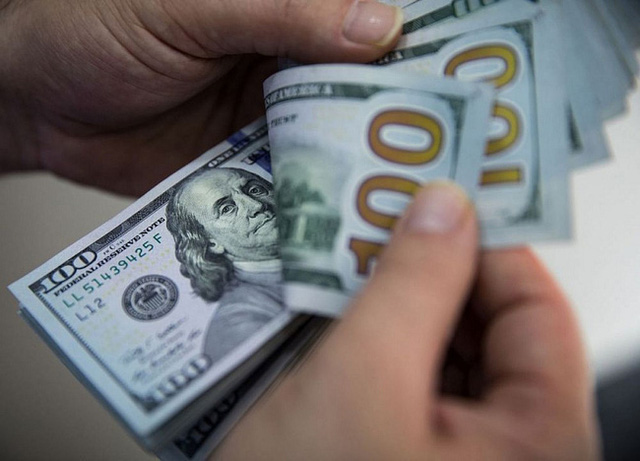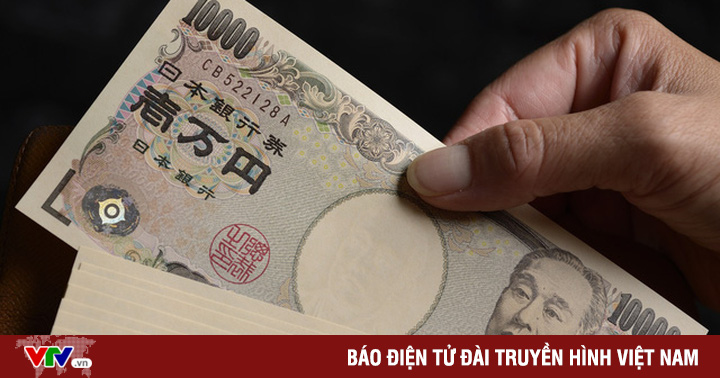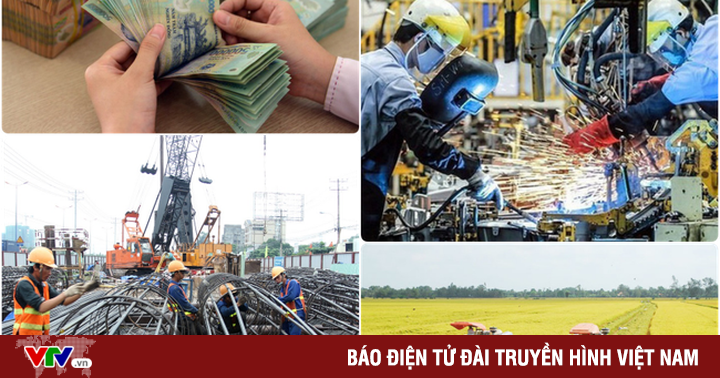The case of 100 containers of cashew nuts: Why are businesses “trapped”, lessons for vigilance?
After a long period of influence of the COVID-19 epidemic, all trades of import-export enterprises have been delayed, even if they have lost customers, they will have new and large export orders, but in other countries. Prestigious market as good news even the exit of businesses.
But just being caught off guard, in a hurry, this is the end of all hopes of businesses. The case of 100 export containers worth tens of millions of USD can be considered as an example.

In the case of 100 containers of cashew nuts, businesses face the risk of losing hundreds of billions of dong (Artwork)
Accordingly, in this case, Vietnamese enterprises have performed contracts with the payment method “Thanks for collection”, also known as “Payment for receipt of D/P documents”. The risk has occurred when now these businesses are losing control of the original documents.
+ Vietnamese enterprises, after completing export procedures, get a set of documents from the shipping company.
The documents are then transferred to the bank in Vietnam.
+ Bank of Vietnam courier this set of documents to the importer’s bank in Italy
+ The importer (buyer) will make payment to the importing bank and receive the set of documents.
+ With this set of documents, the buyer can receive the goods at the port and the importing bank will transfer the money to the Vietnamese bank.
However, the problem occurred when the original documents from Vietnam transferred to Italy were “flying without wings”. This means that the Vietnamese seller is at risk of losing these goods to the crooks, because international shipping practices force shipping lines to deliver the goods to the consignee when they present the original bill of lading. to the shipping company.
Proof of fraud?
In a very timely manner, businesses quickly managed to retain the majority of containers, only 36 containers lost control. Currently, it is receiving continuous support from Vietnamese ministries, agencies and agencies in the country and abroad to help businesses recover soon.
According to the latest update of the case, according to Mr. Nguyen Duc Thanh – Vietnam’s commercial counselor in Italy, as of March 17, the police in Italy ordered to suspend the delivery of 16 containers of Vietnamese cashew nuts. has docked or is about to dock in the next few days. Thus, 20 containers lost control of the documents (total value of about 86 billion VND).
“After a short time, we have reduced the risk of damage from nearly 100 containers worth trillions of dong to 86 billion dong,” said Mr. Thanh.
According to information, currently, someone claiming to be the buyer has hired a lawyer and contacted the Italian court to ask for the return of the goods because they have the original documents. In the case of loss of control of the original documents, it is not easy for the exporter to prove that the real owner of the shipment is.

The case of 100 containers of cashew nuts is a lesson for Vietnamese businesses when carrying out import and export activities (Artwork)
The Vietnamese commercial counselor in Italy said that the buyer has hired a lawyer and has contacted the lawyer of the seller (Vietnamese enterprises), shipping lines, and the court to request delivery when they have the original documents. . Currently, there is at least 1 set of original documents that have been identified by COSTCO (freight forwarding company) as the real original set of documents. This is the first evidence that the group of scammers in Italy have somehow illegally obtained the original documents without paying Vietnamese businesses.”
“This is the first and clearest evidence of fraud and we can use it as evidence to quickly conduct investigation and trial activities in Vietnam and Italy,” Thanh emphasized.
The Vietnamese trade counselor in Italy emphasized a scam with a huge value, many businesses were deceived almost at the same time with the same tricks but also quite sophisticated but sometimes very rudimentary. is a great lesson for small and medium enterprises in Vietnam.
“Small and medium-sized enterprises without specialized import-export staff, even without anyone good at foreign languages, need to contact sales offices in other countries for support. Small and medium-sized enterprises can work together. hire an import-export officer for advice during the transaction to avoid risks”, Mr. Thanh recommended.
Big lesson?
More about the case, cashew processing and exporting enterprises have authorized collection for Vietnamese banks through the method of collection and payment of documents (D/P). The question is, is this method the cause of putting businesses at risk?
According to Mr. Ngo Khac Le (Vietnam International Arbitration Center – VIAC), D/P method is a very popular payment condition. Even many European and American businesses also implement this method when trading in import and export goods.
“It is impossible to say because of the D/P method that leads to risk. Many people say why not use the L/C (documentary credit) payment method? Business is a flexible activity and it must be suitable for In fact, if only selling containers worth a few billion dong and asking to open L/C, how many customers want to work.
“This method is common, it is necessary to find out the flaws that need to be overcome”, Mr. Le emphasized.

According to Mr. Ngo Khac Le at the Vietnam International Arbitration Center, the D/P method is not the cause of the risk.
According to the Ministry of Industry and Trade, all three current international payment methods are: D/P – payment method for delivery of documents, CAD – delivery of documents for immediate payment, and L/C – method of payment. Documentary letter of credit is the least risky payment method, but it is not the most common payment method in the agricultural trade. So after this incident, exporters need to be more careful when dealing with partners.
Mr. Tran Thanh Hai – Deputy Director of the Import-Export Department, Ministry of Industry and Trade said, the first lesson is that our export businesses need to pay great attention to customer verification, even in the case of customers. If the customer has signed and performed several times, we still have to maintain that verification process.
That verification can be done by many different channels, one of which is through Vietnamese deals in other countries. Vietnamese businesses should also take the initiative in drafting contracts, so that our businesses will understand and understand the provisions, obligations and responsibilities of each party in that contract, as well as the terms of the contract. clauses related to exemption from liability, related to compensation. So, if legal disputes arise in the future, the handling will help us understand the process better.
In fact, from this incident, according to the Vietnam Cashew Association, for a long time, the Italian market has had very little consumption of Vietnam’s cashew kernels, so when the order from this market reached 74 containers with products with the highest quality and price in a short time, the lack of information about customers has led to risks.
The story of 100 containers is just one of many cases of fraud and commercial fraud in import and export of goods. Unfortunately, Vietnamese traders are often the party that suffers more because of their limited understanding of international commercial law and experience in importing and exporting goods to foreign countries. Or even the ability to use language.
Vietnam is one of the countries that actively integrates into the economy, basically shaping a network of 17 free trade agreements (FTAs). FTAs have been opening up the market for Vietnamese exports. However, when the playing field is getting bigger and bigger, it is also when Vietnamese businesses face more and more diverse risks.
To better understand the nature of the incident, lessons learned for businesses after this incident? We invite you to follow the Events & Comments program on March 19.
* Invite readers to watch programs broadcast by Vietnam Television on TV Online and VTVGo!
at Blogtuan.info – Source: vtv.vn – Read the original article here



